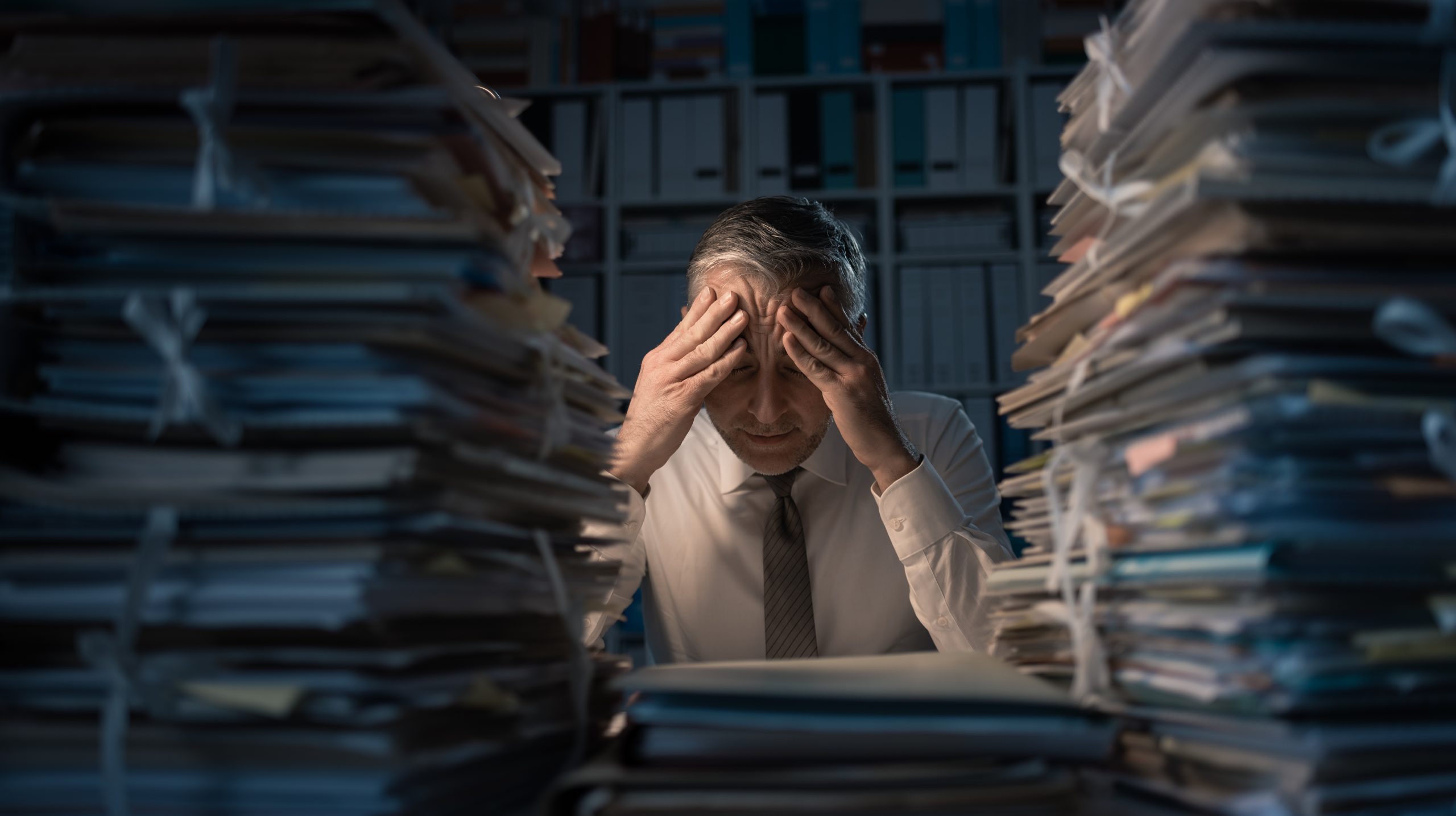Rest is essential to our survival, as well as optimum health and performance.
Yet rest has become a bit of a dirty word.
It’s become something to be avoided, or at least minimised, in favour of its more commendable counterpart – work.
It’s time to break that counterproductive cycle and invest in the powers of rest.
Pro-work
Modern society has come to view work as virtuous. The harder you work, the better. Most of this work relates to our job where working harder and longer has become a hot competition. And these days, you can’t really consider yourself to be working if you only have one job. Now you’ve also got to have a side hustle or two.
Then in whatever hours of the day remain, we also need to work out. There again the emphasis is on exercising as intense, long and often as possible. Go hard or go home, they say.
And then when we finally make it home, we’re met with house work. There a whole new competition arises between couples or families as to who’s doing the most. Just about all of us have inadvertently signed ourselves up to this endless competition for who works the most. And that’s only half of things…
Anti-rest
On the flipside of this is who rests the least. We live in a culture that’s grown to condemn rest. There’s a simultaneous competition for who gets the fewest hours sleep, skips lunch the most, takes the least days off or has longest time since their last holiday.
The stigma surrounding rest has become so pervasive that we feel the need to avoid rest even when nobody is watching. We don’t allow our exhausted body to sleep in. We won’t finish work early or head out to a park to eat lunch or take a weekend off. And if we do, we can be so consumed with guilt and anxiety that we can’t rest or enjoy that moment.
We see taking our foot off the accelerator for even a split-second as going to cost us dearly in this dog-eat-dog world. There’s certainly no time to pull up and take a pit stop. The thing is, we’re not a machine that can run continuously. Let alone at full throttle. We need rest.
Importance of rest
Health
When work and rest are out of balance, our health will progressively decline. The chronic nature of this imbalance means our health gets insidiously eroded over time. We don’t notice until it’s too late and we have a real problem on our hands.
We see this in the array of physical and psychological health complaints prevalent in modern society. From high blood pressure and cardiovascular disease to low immunity and frequent illness to anxiety and depression. There really isn’t much of us left untouched by an imbalance between work and rest.
Of course, our health is our greatest asset. Far more important than taking out the title for who works the hardest and rests the least.
Performance
Rest isn’t actually being the burden we think it is. It’s not a waste of time. Rest isn’t the enemy of work and productivity. It’s the counterpart. It’s the facilitator or productive work.
Rest is the time when our body busily (if you still need to justify it) goes about recovering from all of the depletion and damage caused by work, along with recharging and reenergising for the work to come.
Rest is an essential ingredient to optimum work performance. So even if that rest means less time is dedicated to work, any loss there is more than made up for by the quality of that work. Rest will translate into greater cognitive processing, creativity and problem solving, and emotional regulation.
We all know how much harder it is to perform when we’re not rested. Our body is lethargic and achy, and our brain is slow and foggy. Yet we fall for the societal programming that tells us to do the opposite.
It’s a counterproductive and vicious cycle in which our drive to work hard with minimal rest makes us less efficient and effective, meaning we have to spend more time getting the job done!
A fresh approach
It’s time to break this counterproductive cycle. We need to value rest and remember it’s an investment. When we get adequate rest, we’re investing in both our health and our performance.
We need to reframe our approach to something more akin to an elite athlete who’s every waking hour – and non-waking hours – are dedicated to delivering the highest possible performance.
Do you think an elite athlete, like an Olympian, physically trains as much as they possibly can with as little rest as possible? No way. To them, rest is as integral a part of their training plan as the work. They know the two need to be balanced for maximum health and performance. Given the extreme nature of the physical work they do, this means they tend to rest more than the average person.
Although most of us don’t come close to the physical workload of an elite athlete, we face considerable mental and emotional stress that’s of a much more chronic nature. It starts the moment we open our eyes in the morning and fails to end when we close them at night because it prevents us from sleeping. And it often goes for months, years and even decades on end. Far beyond the design limits of our body.
How to get more rest
- Retrain: Continually remind yourself that you’re allowed and need to rest, especially when those pangs of guilt start to bite. Give yourself permission and then fully immerse yourself in that moment of rest with the knowledge that everything is going to be better off for it.
- Sleep: Forget the whole recommended quota per night and listen to your body. We’re all different and have different needs. And there’s a strong chance that you need more than you realise if you’ve been burning the candle at both ends for a while. So start allowing yourself to get enough sleep until you feel rested.
- Meditate and be mindful: I know, I know – you don’t have time for this. But it really needn’t be as long as you think. A two-minute guided meditation or breathing technique can hack our nervous system to ease stress and create calm. Also just being mindful of the present moment – of unnecessary muscle tension, short-shallow breathing or enjoying what is happening around you – will help restore balance.
- Take time out: Schedule regular breaks in that busy diary just as you would appointments. It could be an entire weekend off, a late start, a 30- minute break for lunch in the park, listening to a piece of music or reading a few pages of a book for a couple of minutes each hour or simply looking out the window at the clouds for a minute while you take a few deep breaths.
- Plug into nature: Get outdoors and soak up some negative ions that will leave you feeling refreshed and recharged. Plug into nature and recharge | MorHealth Dr Sarah Morante








